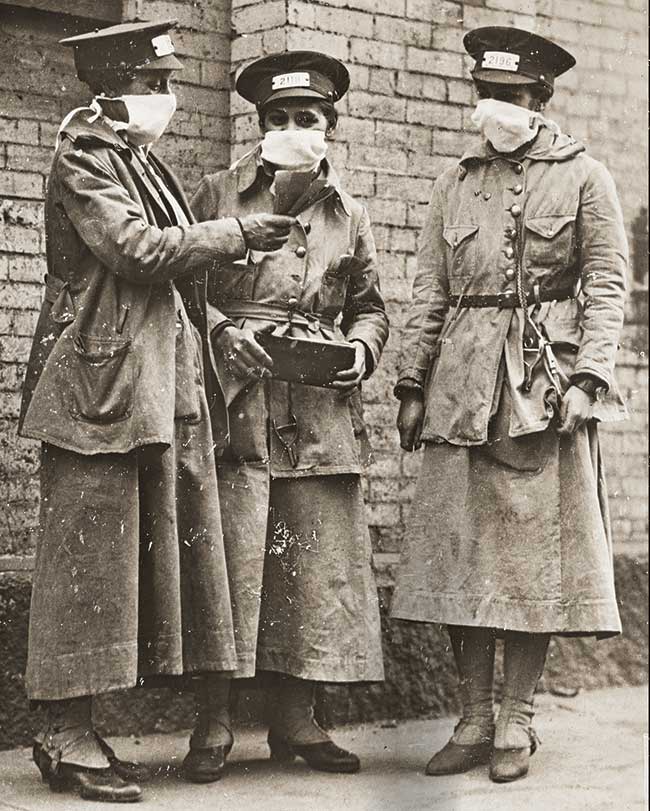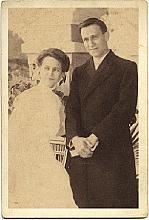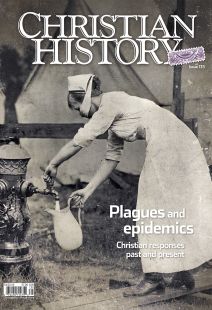“The sickness of others”

[Medical Department, Influenza Epidemic 1918—Masks for protection against influenza. New York City conductorettes wearing masks—Wikimedia]
In the early twentieth century, crowded neighborhoods brimmed with contagious disease. Tenements often had one or two bathrooms for four or five families to share. Iceboxes were a luxury. Garbage heaps piled up in alleys where children played, and human excrement attracted flies. Heating food and cleaning dishes was essential to kill disease, but coal-fired stoves were expensive.
The 1918–1919 flu struck hard in these cities, especially in the most crowded neighborhoods, filled with immigrants and African Americans. White American church leaders, many of whom had already begun moving to the suburbs, addressed the flu as a part of attempts to remediate poverty, unemployment, poor sanitation, and poor literacy rates. It was relatively easy to move Anglo, middle-class parishioners to care about “the hungry” and “the children”; but leaders encountered resistance when they suggested that the church had a responsibility to care about public health.
This frustration animated Harry Ward’s Sunday school manual Poverty and Wealth from the Viewpoint of the Kingdom of God (1915). Ward, a British immigrant and Methodist Social Gospel minister, spent years working among the poor and challenged American Christians to consider their reluctance to invest in public health. “The missionary fervor of the doctor meets no kindred response” among those who call themselves Home Missionaries, he said, adding, “A spendthrift people are penurious in their health appropriations.” In the midst of worldwide pandemic and the mass quarantining of the poor, Ward encouraged Sunday school classes to ask themselves: “What obligation does my health place upon me with reference to the sickness of others?”
During the New Deal, Ward successfully championed legislation for workmen’s compensation, unemployment assistance, and old age pensions, but never sold Americans on the idea of health care as a public good.
By Janine Giordano Drake
[Christian History originally published this article in Christian History Issue #135 in 2020]
Janine Giordano Drake, clinical assistant professor, department of history, Indiana UniversityNext articles
E. Stanley Jones: Did you know?
From a poor Baltimore childhood to friendship with Gandhi, E. Stanley Jones had a remarkable life
Robert G. Tuttle Jr.Editor's note: E. Stanley Jones
I was introduced by Jones to the Way, the Truth, and the Life
Jennifer Woodruff TaitThe greatest missionary you’ve never heard of?
The life and ministry of E. Stanley Jones
Robert G. Tuttle Jr.







